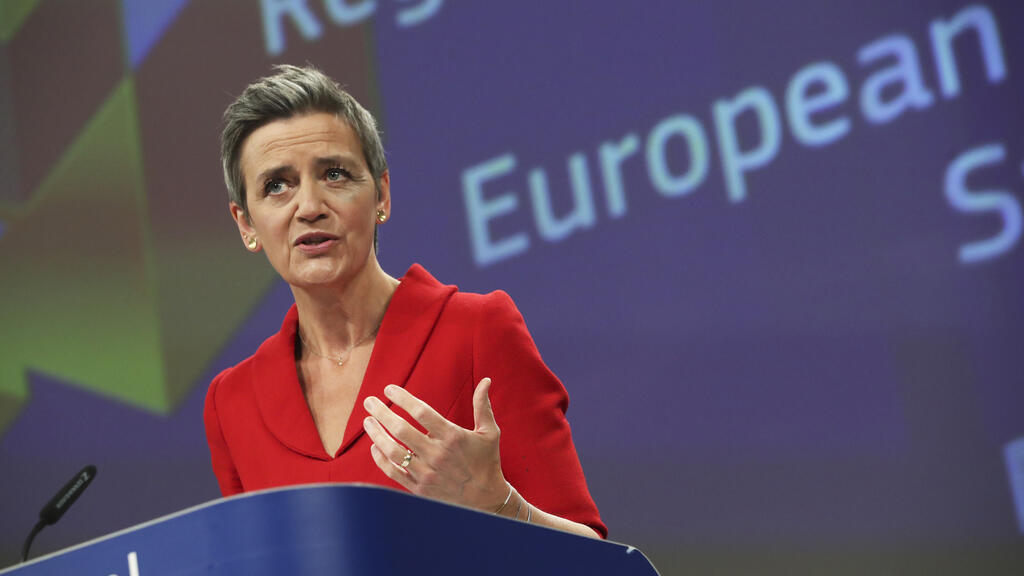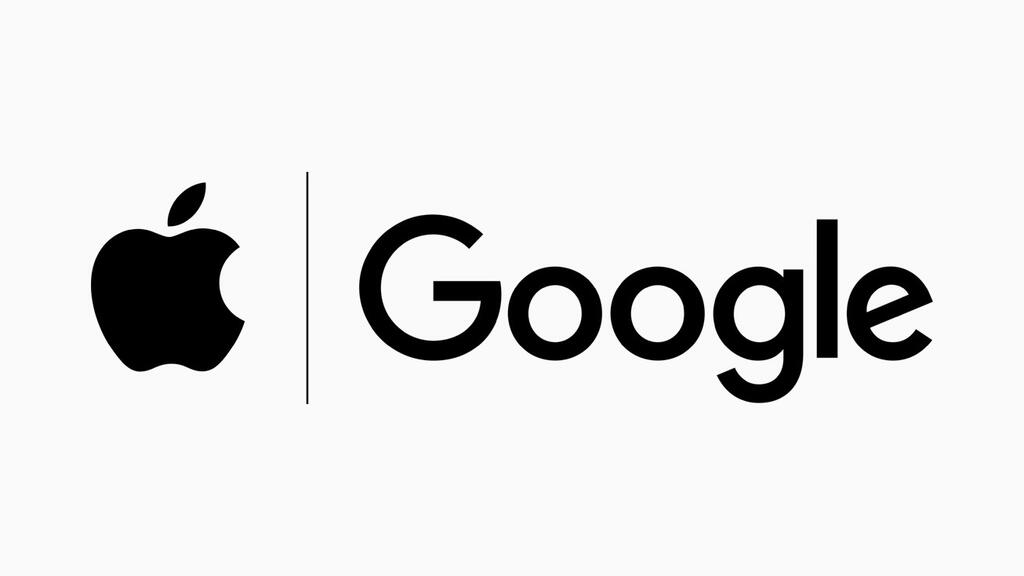The sanctions handed down Tuesday by the European Union's highest court against Apple and Google are good news for those concerned about the excessive power amassed by leading tech giants.
When it was just about the profits they made from productivity-enhancing software and cool gadgets, we could turn a blind eye. But in recent decades, they’ve been delving into the very fabric of our existence—from social media, which wreaks havoc on the social fabric, to artificial intelligence, whose misuse could endanger life on Earth.
That's why the EU emerging as a key player in reigning them in—setting limits on issues like data protection, privacy, incitement, racism, and antitrust regulations, while mercilessly imposing hefty fines for violations—is a positive development. A scenario where tech giants are restrained and cautious, with the fear of regulators and financial losses looming, promises a better world for all of us.
After a 10-year legal battle, the EU's top court ordered Apple to repay Ireland a staggering €13 billion ($14.4 billion)—the total tax benefits it received from the country over two decades in violation of EU law. At the same time, the court upheld a $2.7 billion fine against Google's rival for manipulating its search results to favor its shopping service over competitors.
These are sums that can't be ignored, but it’s not just about the money. Three major laws have recently been passed by the EU Council. The first, the Digital Markets Act (DMA), prohibits companies from abusing their market dominance—for example, forcing app developers to distribute apps exclusively on the App Store.
2 View gallery


Margrethe Vestager Hansen Executive Vice President of the European Commission for A Europe Fit for the Digital Age
(Photo: AP)
The second, the Digital Services Act (DSA), holds digital platforms and service providers accountable for protecting citizens' rights. And the third, the "AI Act," is the world's first set of rules regulating the development, accessibility, and use of AI-based products and services.
For those who might underestimate the EU's influence, it consists of 27 countries with a combined population of over 448 million. The Digital Markets Act has already forced Apple, Alphabet, and Meta to change their marketing strategies in Europe, while the new AI law has compelled Apple to sell its iPhone 16 in Europe without the AI system it was meant to launch with—a significant blow.


